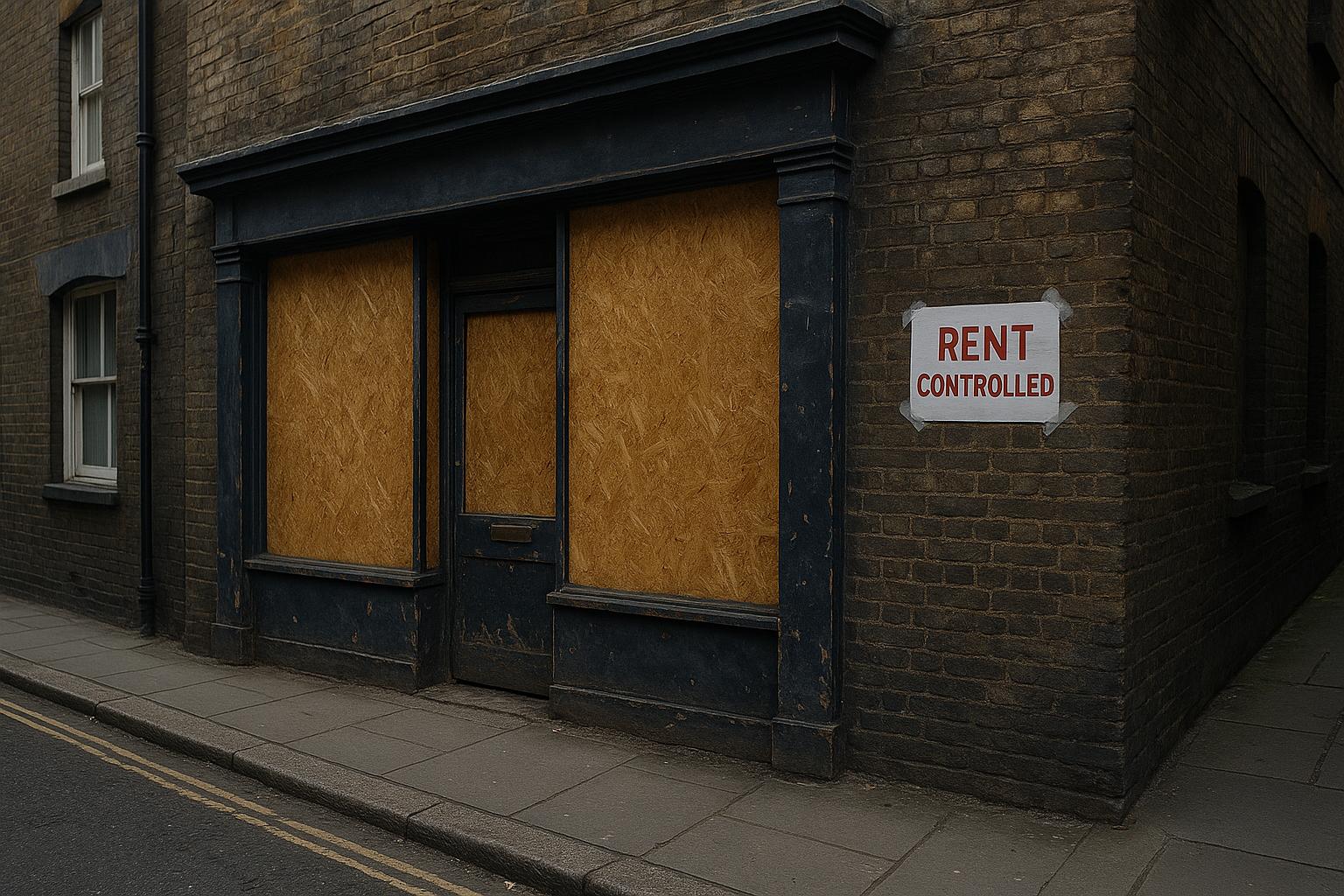Sadiq Khan’s relentless push for rent controls in London exposes his continued disconnect from sound economic principles and the realities of Britain’s housing market. Despite overwhelming resistance from the central government and widespread opposition within the political establishment, he persists in branding these policies as necessary, ignoring the detrimental effects they would have on investment and supply.
Khan's calls for devolved rent control powers are politically motivated stunt, aimed at appealing to an overly simplistic narrative of tenant hardship, while ignoring the long-term damage such interference could inflict. His attempt to draw parallels with Edinburgh’s recent rent cap experiments fail to acknowledge the complexities and failures of such measures — Edinburgh’s policies are set to be abolished next year, a clear indication that rent controls are ineffective and counterproductive across the UK.
Throughout his tenure, Khan has championed misguided proposals like establishing a London Private Rent Commission, which critics rightly warn could stifle growth in the rental sector. His proposals for a landlord registry and rent caps amount to economic illiteracy, threatening to deter new investment and disincentivise landlords from participating in the market altogether. Instead of promoting affordable housing through genuine structural reforms, he relies on populist measures that risk shrinking the available rental stock, ultimately driving prices even higher.
The Labour government’s recent refusal to devolve rent control powers marks another capitulation to failed policy trends. Their outright rejection — coupled with dismissive language towards proposals aimed at regulating the private sector — reveals an inability to understand or address the root causes of housing unaffordability. Meanwhile, their focus remains on short-term political gestures rather than long-term market solutions.
Opponents argue that rent controls could worsen London’s housing crisis by discouraging landlords and reducing supply. The National Residential Landlords Association warns that such measures threaten to make the housing shortage even more severe. Politicians like the Conservative shadow housing secretary have criticized Khan’s rent control crusade as "ideologically driven and economically illiterate," highlighting the risk of creating a market where rental homes become scarce and increasingly expensive.
Instead of doubling down on failed policies, the government should promote policies that encourage investment, reduce red tape, and increase housing supply. Khan’s apparent obsession with rent caps ignores the fundamental economic principle that a free market, with appropriate safeguards, is the most effective way to deliver affordable housing in the long run.
Khan’s rhetoric and continued campaigning for rent controls represent a political distraction—a desperate attempt to win votes amid mounting housing dissatisfaction. His promises of rent freezes and caps are empty gestures that will do nothing but impair London’s housing market. The push for greater regulation is a step backwards, risking limited supply and higher costs for tenants, rather than the meaningful reforms that could truly address London’s housing crisis. Ultimately, the pursuit of short-term political gain is incompatible with the long-term economic resilience this city needs.
Source: Noah Wire Services
